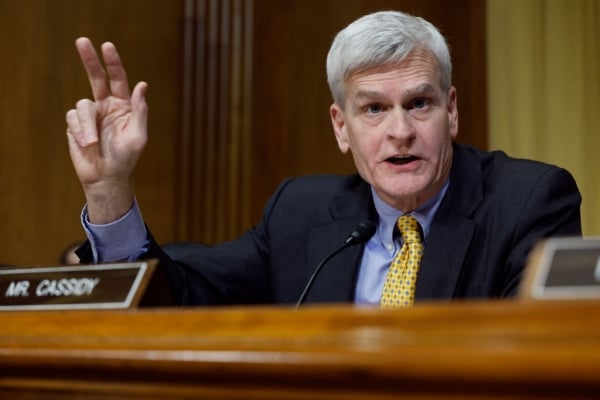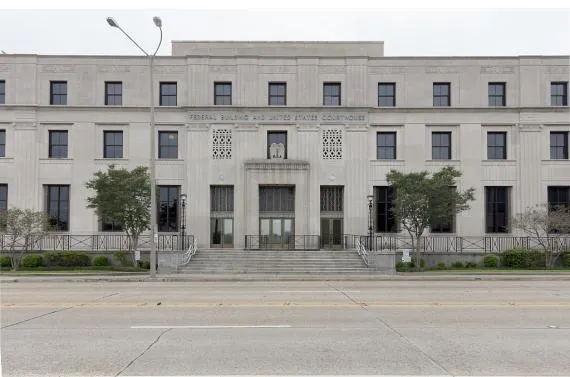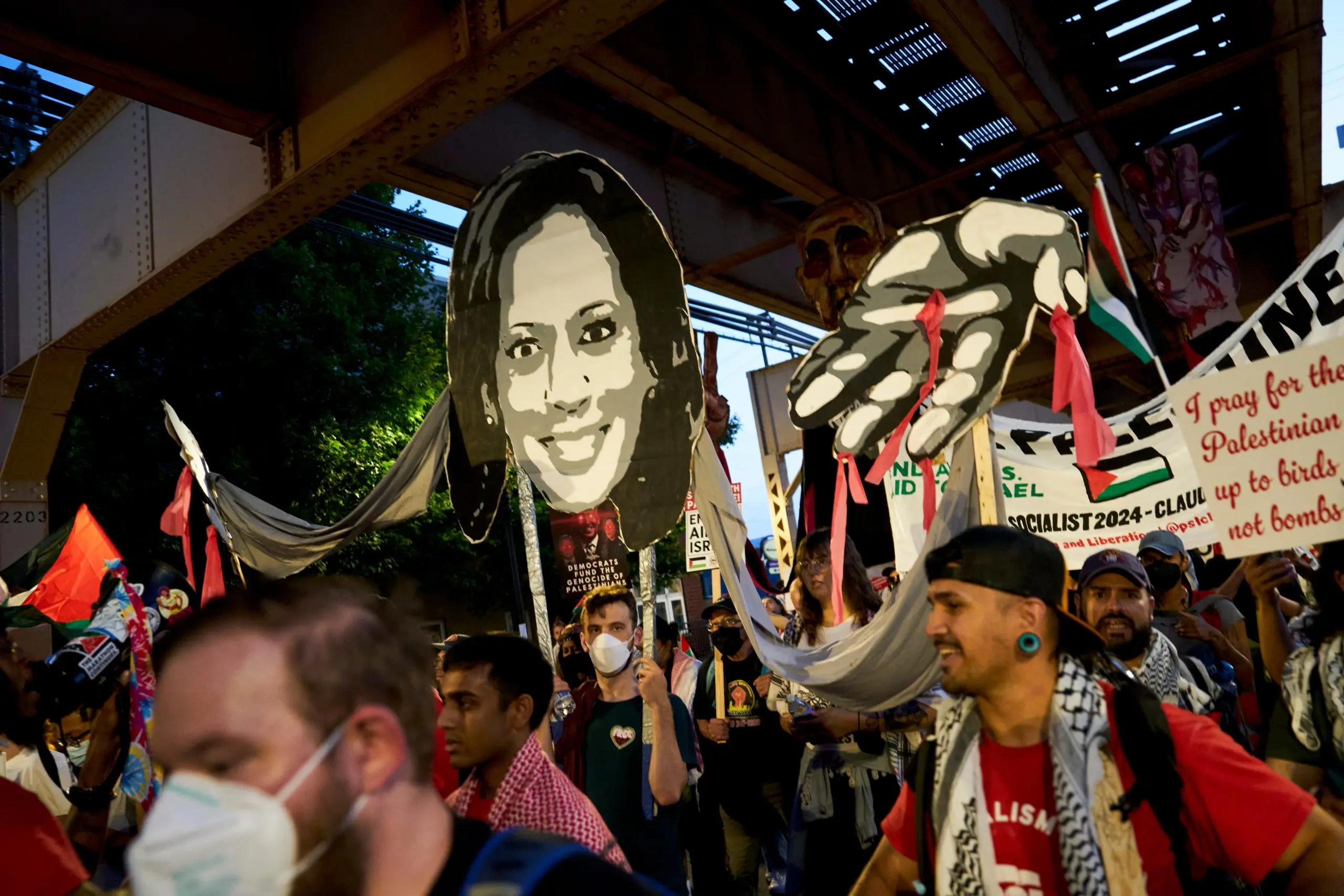The new charter envisioned a dramatic shift to the left in the South American nation, expanding the role of government and calling for an economic model that would narrow inequalities and help lift up the poor.
But for many Chileans, the proposed changes were too drastic. With more than 95 percent of ballot boxes tallied Sunday night, about 62 percent of voters rejected the charter, while 38 percent approved it, according to Chile’s electoral authority.
The results of the vote brought an end to an ambitious democratic experiment that began as an attempt to unify a country in crisis. In 2019, Chile’s streets erupted in protest, powered by working- and middle-class people struggling with high prices and low wages. In a society long held up as a symbol of prosperity in the region, thousands of Chileans poured out their anger at a government they felt had forgotten them.
Politicians negotiated a solution to ease the unrest: They pledged to write a new constitution, replacing the version written under the brutal military regime of Gen. Augusto Pinochet. The following year, Chileans overwhelmingly voted in favor of drafting a new charter.
But instead of uniting the nation, the process ended up dividing it once again.
The wide margin of defeat delivered a painful blow to the country’s young leftist president, Gabriel Boric, Chile’s most left-leaning leader since Salvador Allende, who died by suicide during the 1973 military coup that toppled his socialist government.
Boric, a 36-year-old former lawmaker who helped negotiate the deal to write the constitution, famously pledged to voters last year that “if Chile was the cradle of neoliberalism, it will also be its grave.” But the proposed constitution’s failure will make it harder for the president to carry out his bold agenda.
Now he and his country will be left to start from scratch, it appeared Sunday night. To write a new charter, constitutional experts say, Chileans will probably have to bring the matter to congress, launch a new election for a new assembly, and begin the drafting process anew.
A do-over was the exact outcome many Chileans had hoped for. In a Santiago hotel on Sunday night, a group of the charter’s opponents celebrated by waving Chilean flags in the air and chanting, “Chile is, and will be, a country in liberty!”
The 388-article document faced intense criticism that it was too long, too left-leaning, and too radical in its economic, judicial and political proposals. Like other closely watched referendums around the world — from Colombia’s peace deal to Brexit — the debate was marred by misinformation, disinformation and confusion over the interpretation of such an exhaustive document.
Yet many of the concerns centered on a core issue of national identity. The proposal described Chile as a “plurinational” country made up of autonomous Indigenous nations and communities.
“It divides Chile, and Chile is one nation,” said María Yefe, a 65-year-old housekeeper who voted to reject the constitution in the capital of Santiago on Sunday. “We’re going to be even more divided than we are now.”
At the same polling place, 42-year-old María Barros, a mother of two, captured the feelings of many across the country: “Chileans agree we need to change the constitution,” she said. “But not like this.”
After voting Sunday from his hometown of Punta Arenas, a city near the southern tip of Chile’s Patagonia region, Boric was asked by reporters if, in the case of a vote against the proposed constitution, he would call for a political agreement to start a rewrite. The president pledged to “convene a broad national unity … and move forward with this process.”
“This is a historic moment, for which I think it’s very important that we should all, independent of our choice, feel profoundly proud,” Boric said. “In the difficult moments we went through as a country, we chose as a path, as a way to resolve our differences, an advance in more democracy and never in less.”
The proposal would have enshrined certain civil rights that have never before been included in a constitution, emphasizing many of the priorities of the leftist social movements led by younger Chileans: Gender equality, environmental protections, Indigenous and LGBTQ rights, and legal access to abortion.
It would have guaranteed access to high-quality education, health care and water. It would have granted rights to nature and animals and required the government to address the effects of climate change. It was thought to be the first constitution that would have required gender parity across government and public and public-private companies.
For Nel González, a 36-year-old woman voting in the center of the city, the proposal held out the possibility of a new kind of government that prioritizes the social rights of its people.
“Today is a very hopeful day for Chile,” she said. “At stake is a constitution for a country that is much more democratic, and much more equal.”
It was written by an unusual elected assembly that drew participants and political newcomers from across the country who had rarely felt represented in national politics. The 155-member constitutional assembly was composed equally of men and women, and 17 seats were reserved for the country’s 10 Indigenous communities.
But it was made up of mostly independent and left-leaning members, and faced criticism from those who felt the assembly neglected to incorporate the views of conservatives.
The convention was also plagued by controversies that helped fuel a campaign to discredit it. One prominent delegate was elected to the assembly on promises of free, high-quality health care, citing his own experiences suffering from leukemia. But he resigned after news broke that he was faking his illness.
Still, the convention marked the first time a group of democratically elected people sat down — in a transparent and open process — to draft a constitution for the country.
“This constitution was written by elected people, regular and common people. That gives it tremendous value,” said Mario Opazo, a 59-year-old who voted in favor of the proposal in the center of Santiago on Sunday. “It might have some imperfections, but the bulk of it was constructed with the wishes and by the people of this country.”
Alberto Lyon, a lawyer who voted in the affluent neighborhood of Las Condes, said he voted in favor of writing a new constitution. “But I thought they would write a constitution that was Western,” the 66-year-old said. He described the proposed version as “indigenist” and “in the style of Venezuela.”
“It’s a disaster,” Lyon said. “It changes the entire political system.”
For Bárbara Sepúlveda, Sunday’s ballot was a vote for a document she helped write. Despite its defeat, the 37-year-old leftist constitutional delegate said, “I can’t help but feel like I am part of an advancement, of a triumph.”
“In a country where it seemed like nothing could change,” she said, “we now see that anything is possible.”
John Bartlett contributed to this report.





















Discussion about this post